While it’s understandable that many’s most-anticipated films at a festival are also some of the biggest titles of the season––evidenced by the instant sell-outs of the latest from Hayao Miyazaki, Yorgos Lanthimos, Sofia Coppola, Andrew Haigh, Jonathan Glazer, and more at the 61st New York Film Festival––one of the true joys of the experience is seeing work one may never find again. For this year’s edition of Film at Lincoln Center’s annual celebration of world cinema, we’ve gathered eight recommendations that currently don’t have U.S. distribution. While we imagine news will be announced soon for some of these selections, a release might not occur until next year, so be sure to catch them if you can.
We should also make a special note for Revivals, NYFF’s lineup of restorations, which features Paul Vecchiali’s haunting, captivating portrait of alienation The Strangler (coming out soon via Altered Innocence), Niki de Saint Phalle’s phallic-heavy mindtrip Un rêve plus long que la nuit, a quartet of restored landmark experimental films from Man Ray (including a brand-new score from Jim Jarmusch and Carter Logan, both of whom will appear for Q&As), a pair of stellar American indies that will hopefully now get their due with Nancy Savoca’s Household Saints and Lee Grant’s Tell Me a Riddle, and perhaps the crown jewel of the lineup: Manoel de Oliveira’s Abraham’s Valley.
AGGRO DR1FT (Harmony Korine; Oct. 7, 8 & 14)
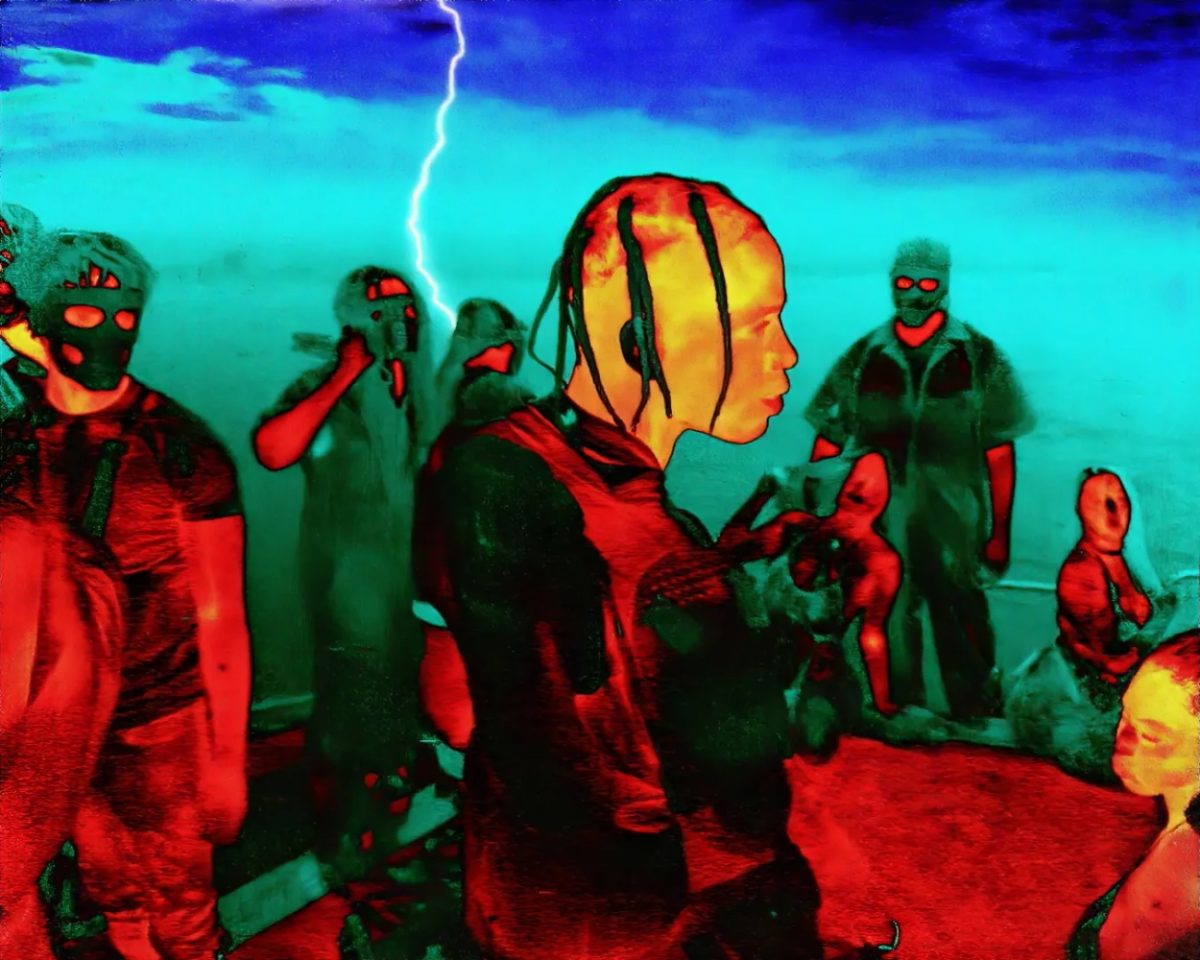
Is it possible to leave your enfance without losing your terrible? The one-and-only Harmony Korine, now 50 years young, returns with Aggro Dr1ft, a premiere out-of-competition at the Venice Film Festival, and, by my count, the only to have triggered mass walkouts and a ten-minute standing ovation. Shot entirely in infrared and using augmented reality effects and AI imaging tools, Aggro Dr1ft appears like the fever dream of a day spent drinking lean, watching music videos, and playing God of War and Grand Theft Auto. At times it’s funny, dazzling, almost beautiful; at others ugly, misogynistic, numbingly dull. Only he could have made it. – Rory O. (full review)
The Beast (Bertrand Bonello; Oct. 8 & 9)
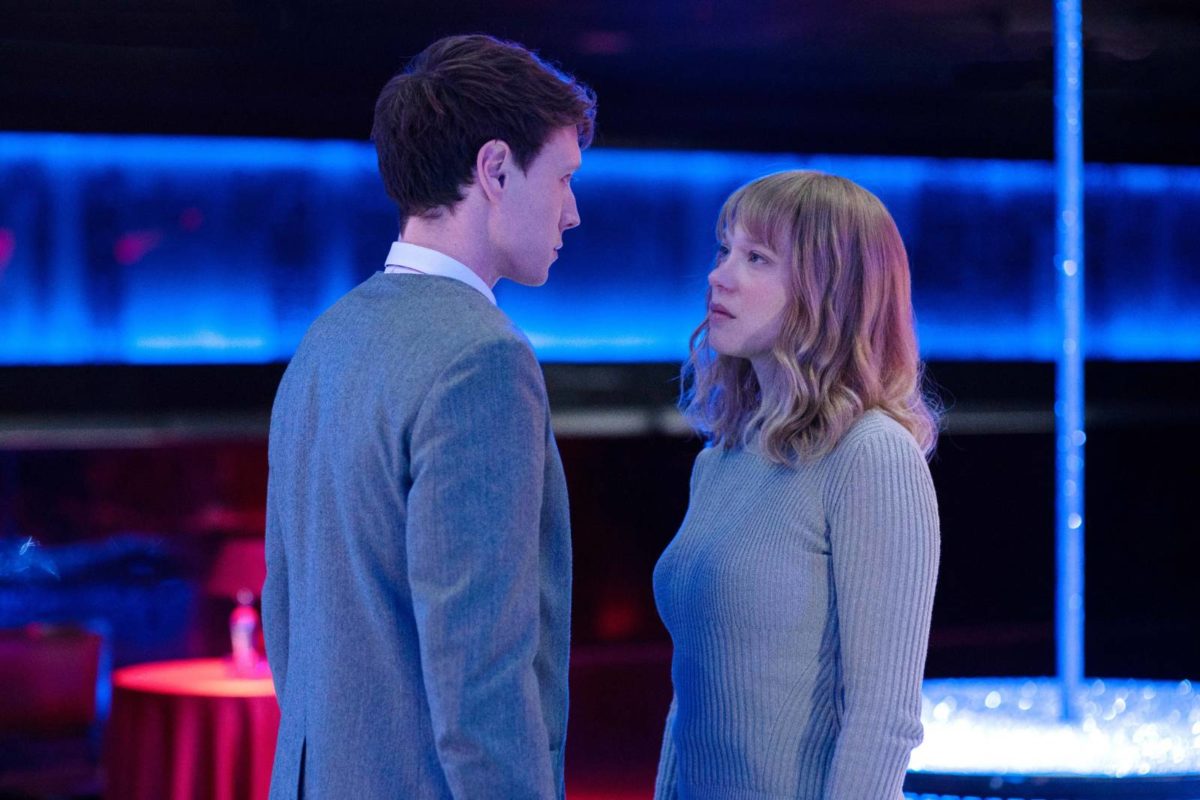
Where to begin with Bertrand Bonello’s wonderful The Beast? It’s been so gratifying to see the initial reaction to the French filmmaker’s tenth feature, after several decades of increasingly remarkable work––the majority of it dark, beautiful, and sleazy. In fact, for what a discomforting and despairing experience much of The Beast is, when I’ve thought back its moments of real, uncomplicated cinematic pleasure, its verve and sense of joyousness, are what mark my memories. It’s romantic, without a capital-R. – David K. (full review)
Close Your Eyes (Víctor Erice; Oct. 5, 7 & 13)
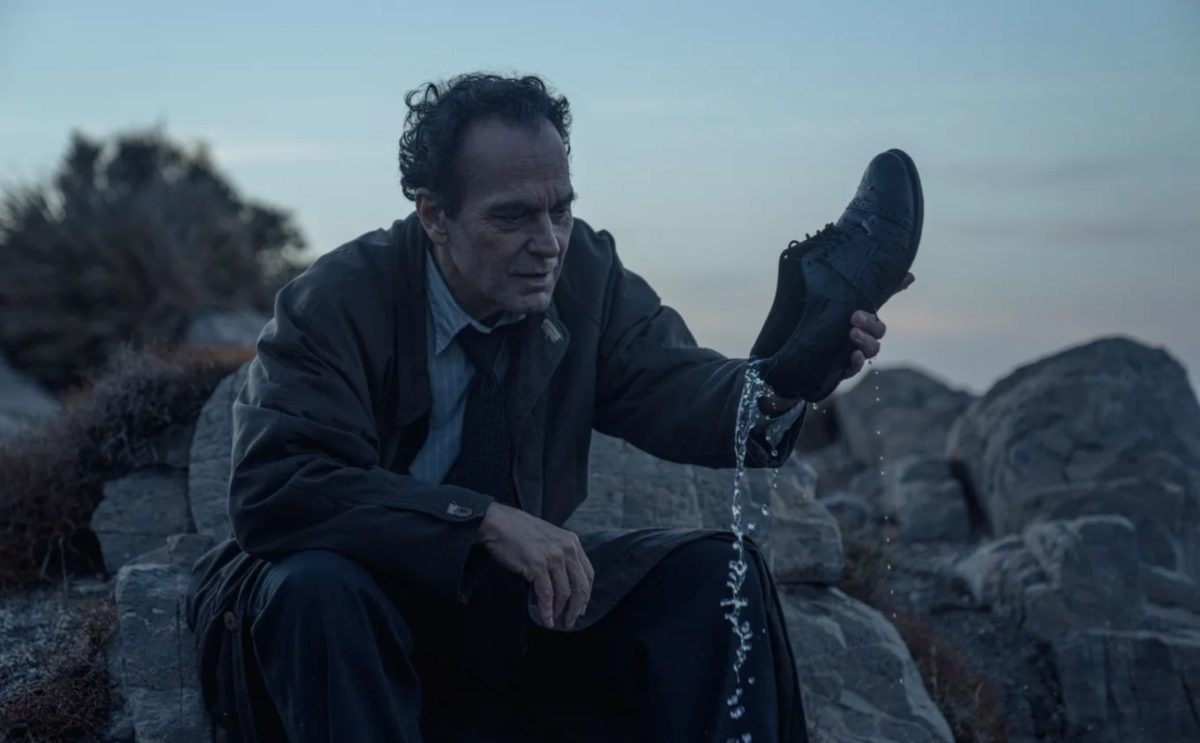
Curious, self-referential, and rich, Close Your Eyes has had a difficult passageway into the world, with its Cannes world premiere dogged by reports of conflicts over its runtime, its non-competition placement, and Erice’s own in-person boycott of the screening. Its final form also is a scarcely believable one, singular and self-possessed even amidst all the latter-day auteur work that’s screened in recent days: although it’s studded with other media, such as an unfinished film of Garay’s and trashy Spanish primetime TV, the main bulk is a pokily shot mystery “procedural,” told mainly in one-to-one dialogue scenes, shot in judicious singles with minimal coverage and muted lighting. But Erice is gradually able to accrete a rich character study of Garay and, yes, another meditation on the Grand Power of Cinema––not that we’re lacking in those at the moment––enriched by the fact that this theme, together with memory and longing, has long been the director’s modus operandi. – David K. (full review)
Eureka (Lisandro Alonso; Oct. 10 & 11)
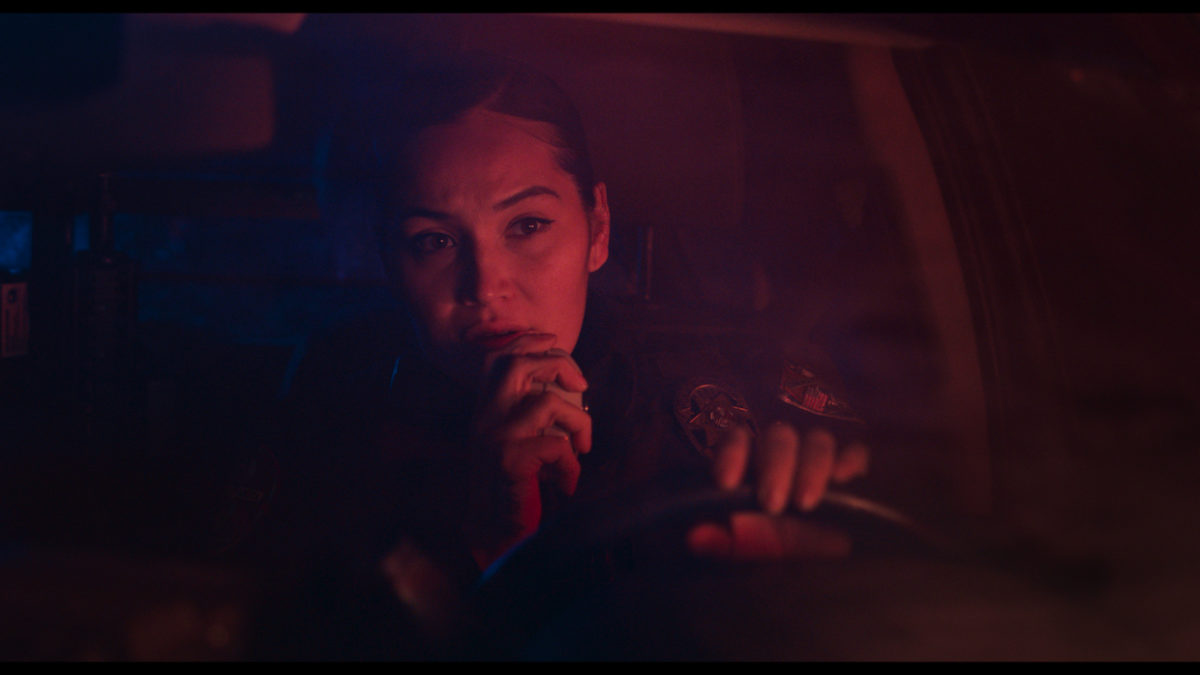
Nine years since that underground epiphany, along comes Eureka, a film that, for large chunks, seems to emerge from the same hallucinatory terrain Jauja opened up. Like all its predecessors, this unfurls as a literal journey dotted with solitary wanderers either searching for or mourning lost relatives. (“All families disappear eventually,” Gunnar was told down the cave, a line that might as well double as the director’s motto.) Old tropes and motifs notwithstanding, Alonso’s latest is his most ambitious: a tripartite film, Eureka sides not with the white strangers in strange lands that had long peopled Alonso’s oeuvre, but with the native communities facing these invaders. Its scope is ecumenical, its geography massive. In barest terms, Eureka’s designed to sponge something of, and locate parallels between, the experience of Indigenous communities stranded in three markedly different milieus: the Old West; South Dakota’s Pine Ridge Reservation in the present day; and finally the jungles of early-70s Brazil. – Leonardo G. (full review)
The Human Surge 3 (Eduardo Williams; Sept. 30, Oct. 1, 3 & 10)
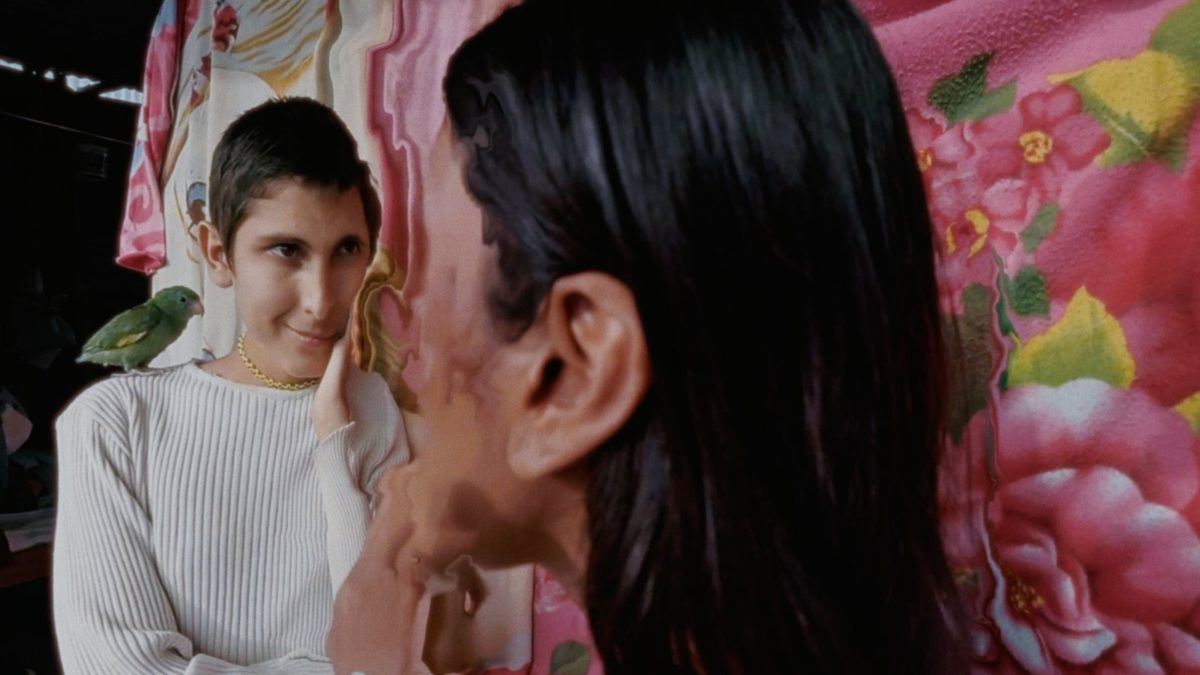
In what feels like unprecedented territory, Eduardo Williams has followed his 2016 breakout experimental film The Human Surge––not with a sequel but a threequel. With the non-existent second film the one in your mind that bridges the gap between the two, The Human Surge 3 evolves Williams’ enveloping vision of the ways people both connect with each other and move through the world in formally staggering ways. Once settled into its unique rhythms, this Locarno premiere will reshape the way one approaches the next conversation they may have with a newfound appreciation for the space they inhabit. Hopefully The Human Surge 5 isn’t far around the corner. – Jordan R.
Green Border (Agnieszka Holland; Oct. 4 & 5)
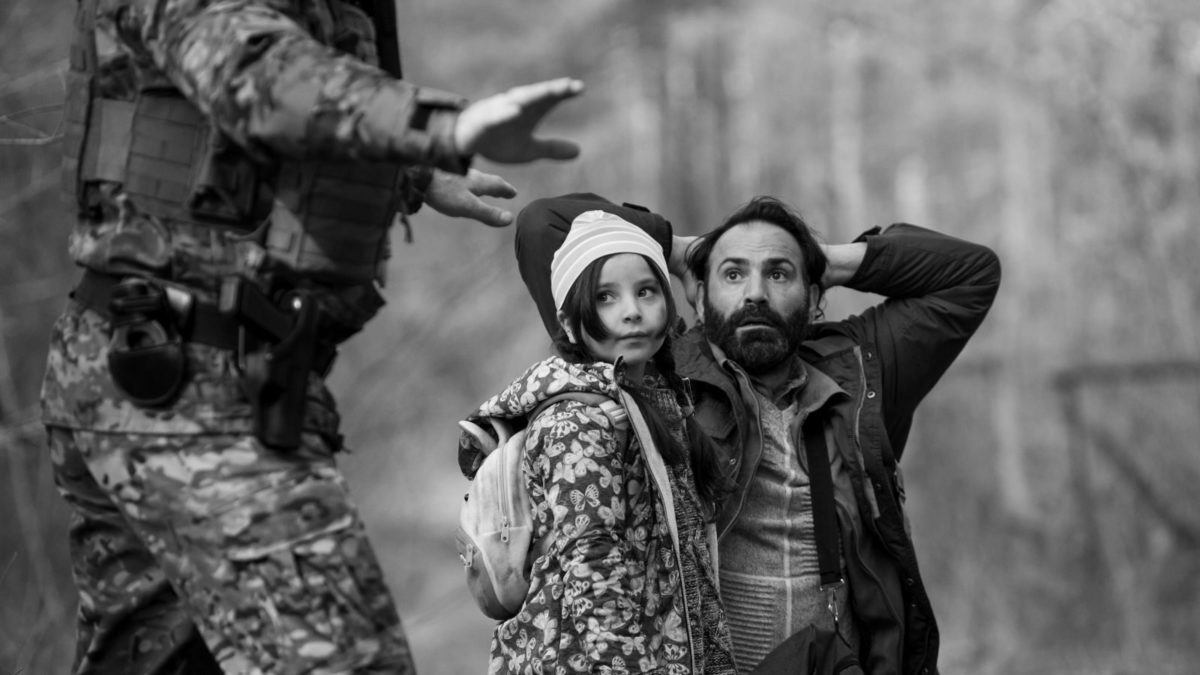
With over half a century of films (not to mention some episodes of The Wire) to her name, Polish director Agnieszka Holland is receiving some of her greatest acclaim for her latest work, Green Border. Recently attacked by Poland’s right-wing government––a testament it’s getting under the right people’s skin––the drama follows a Syrian family seeking a safe haven in Europe, crossing from Belarus into Poland. First premiering at the Venice Film Festival, then TIFF before coming to NYFF, we imagine U.S. distribution is around the corner.
The Night Visitors (Michael Gitlin; Oct. 1, 3 & 12)
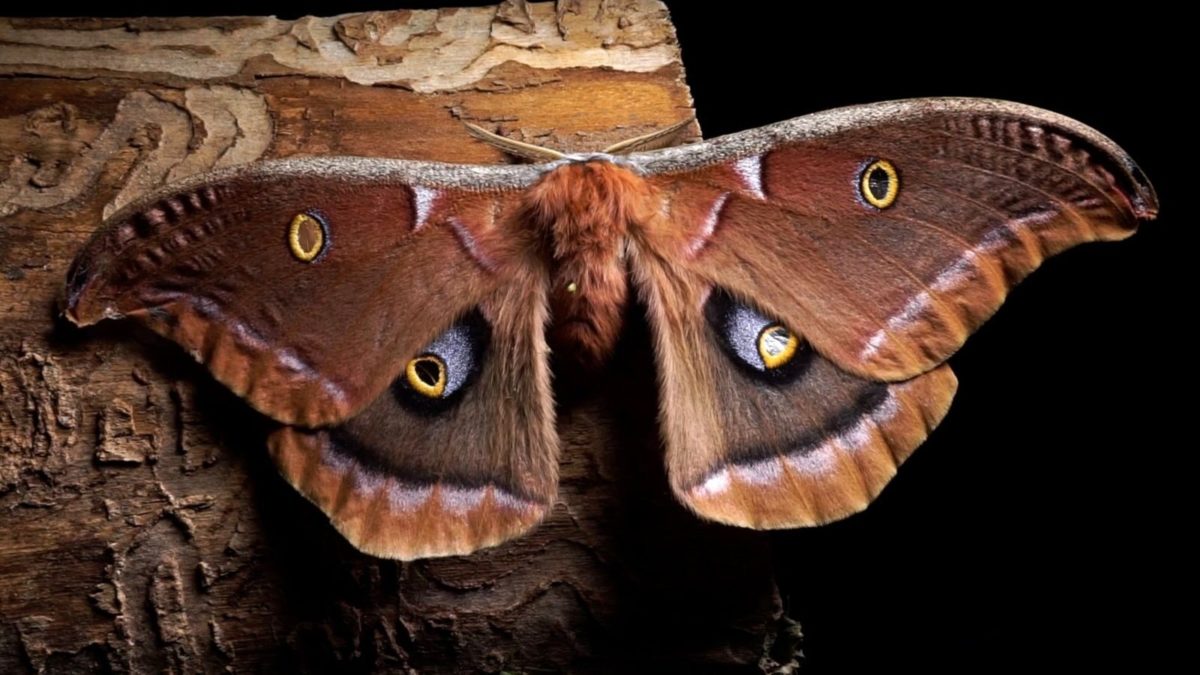
World-premiering as part of New York Film Festival’s Currents section, Michael Gitlin’s The Night Visitors takes a playful, beautiful, mysterious look at the world of moths. Far from the standard documentary one might be forced to view in a high school class, the film uses an essayistic approach unbound by standard form to explore the insects, with stunning macro cinematography taking a detailed look at their biology, as well as a deep dive into how they’ve been perceived by humans throughout history. – Jordan R.
La Práctica (Martín Rejtman; Sept. 30, Oct. 1 & 2)
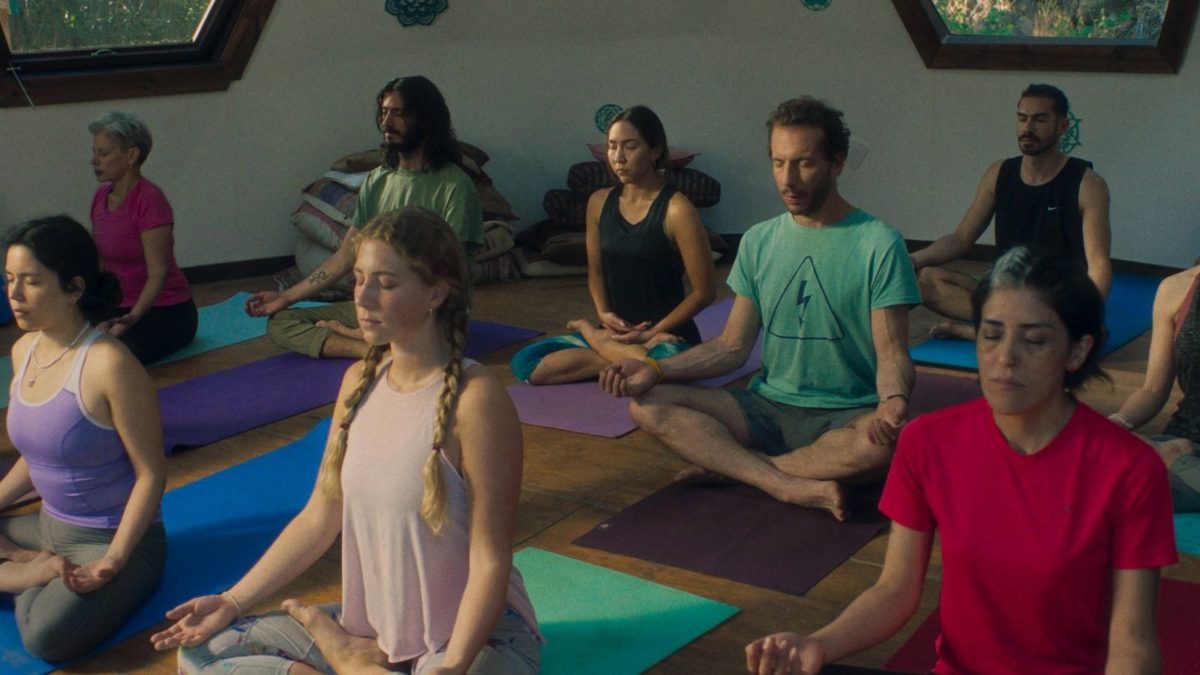
The near-decade since Two Shots Fired hasn’t found Martín Rejtman losing a step. La Práctica continues his reign as Argentina’s purveyor of mirthful chuckles, a patient and absurdity-spotted lens now trained on the lives of recently divorced yoga practitioners navigating dating, business, and the indignities of getting old. Not the most thrilling synopsis, I know, but it’s a concept of which Rejtman takes every advantage: running gags, sharp images lit with a kind of soft opulence, and above all a great study in what happens when you put three different types of guy in the same room. American distribution’s never been so easy for Rejtman to snag, and thus there’s good chance you’ve not yet slipped into his world. But I can ensure La Práctica is a proper first look at an unsung master. – Nick N.
The 61st New York Film Festival takes place September 29-October 15 across all five boroughs of NYC.
